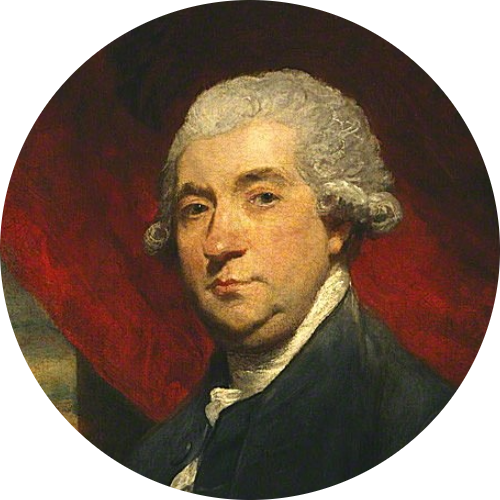Daughter of John Dempster, 2nd Laird of Dunnichen, sister of the 3rd Laird of Dunnichen George Dempster, MP.
She lived with her brother for some years and acted as his housekeeper in London.
In a letter to Boswell dated May 25, 1764, George wrote of her that she had been "very indifferent health since you left us. She is grown a skeleton, and I have the most serious apprehensions about her."1 She had recovered somewhat by early 1765. In April 1769 he wrote (to Boswell) about considering to give part of his estate to Jean so that "she may take a husband and bring me a nephew."2
In a letter of July 17, 1770, to Adam Fergusson, reprinted in Correspondence of James Boswell and John Johnston, Dempster complained of his sister's health declining on a daily basis, and Evans infers that she probably died in last half of 1770 or in 1771.
Boswell first mentioned her in his journal when, on November 3, 1762, they met at Paxton's new inn in Grassmarket, Edinburgh, together with Andrew Erskine and her brother George. He described her as "a fine woman, very well-looked indeed, elegant and remarkably witty".
She arrived in London together with the Erskines on December 1, 1762. Boswell mentioned her again (as Jeanie) on December 12, when he described her and her brother as very fine people. In a letter to John Johnston of December 28, 1762 he described her (somewhat amourously) as elegant, fine and with good sense. In his journal entry on July 17, 1763, however, she is described as an "ugly disagreeable wretch", but it should be noted that he was in very poor spirits on that particular day, as is evident from his journal.
In an undated letter from George Dempster to Boswell (probably early 1765 while Boswell was in Italy on his Grand Tour) a postscript was added at "Jeanie's request", in which she asked of Boswell whether he "‘he saw the Rocks at Milleray’ (sic), desiring that he would send her ‘a present to the value of about £ 100 sterling by the very first ship’. Then, expressing her determination to stand up to Boswell, she reminded him of some of the previous gifts he had proffered: ‘don’t imagine that I’ll be put off with a Parmazane (sic) cheese, a box of sweetmeats or a Popish relict… far less a story of Rousseau or Voltaire on education."3
